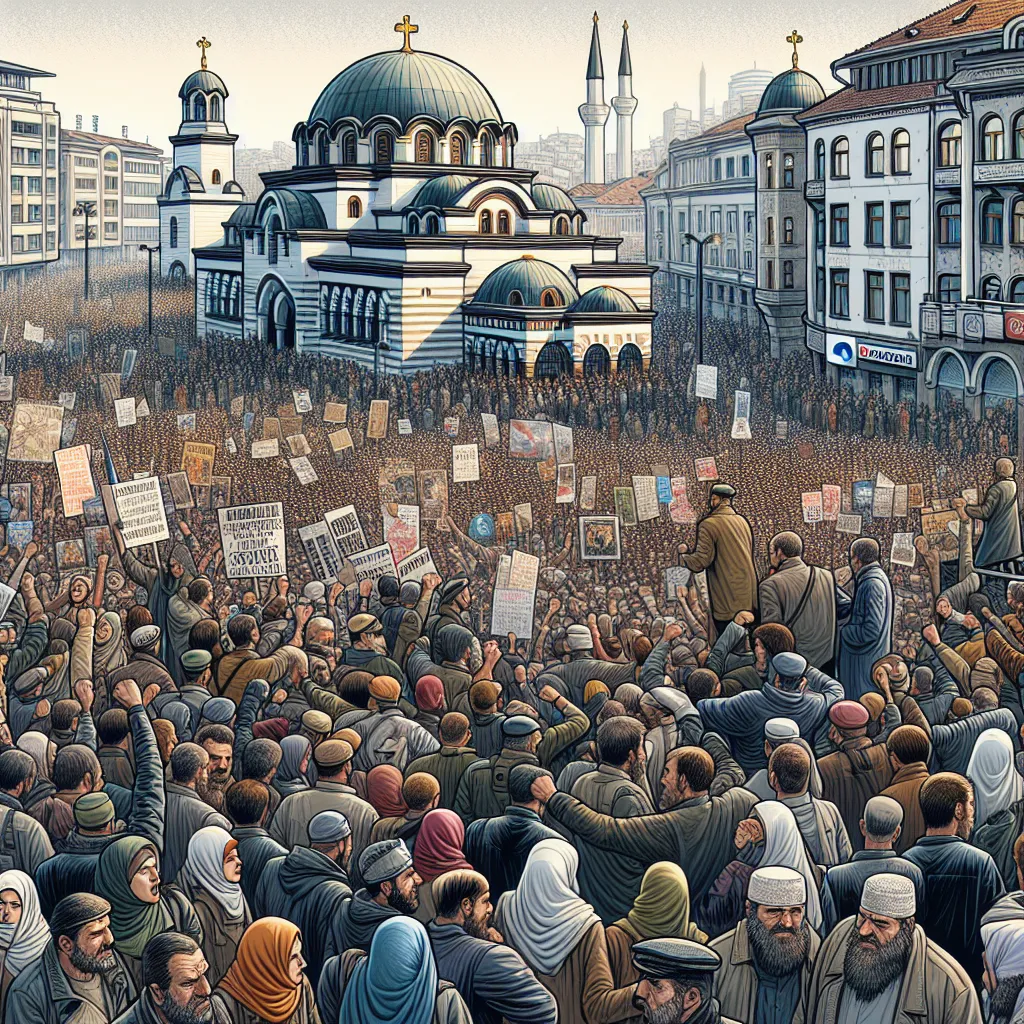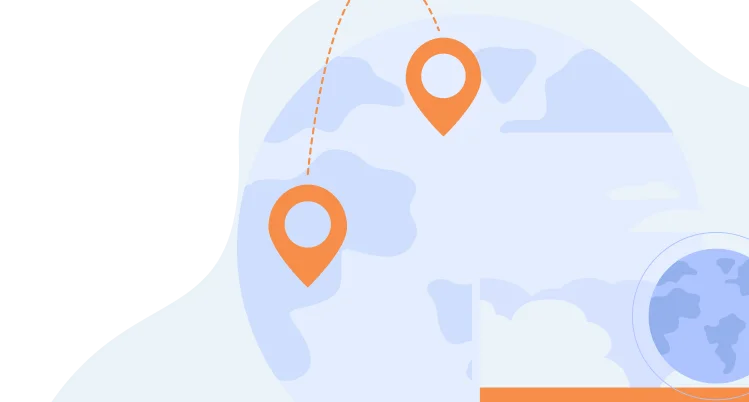Summer with Borisov's hot government in Bulgaria - DINAMOpress

Thousands of people have been gathering in the center of Sofia for several days, demanding the government's resignation, and a fierce institutional conflict continues between the prime minister and the president.
The struggle for power is in full swing, accompanied by controversial legal actions and compromising materials, against the backdrop of a coronavirus epidemic that has started to spread again in recent weeks with alarming numbers.
Explosion in Bulgaria
It seemed that a sudden explosion had occurred in Bulgaria, shaking society and the political elite centered around Prime Minister Boyko Borisov, who was increasingly convinced that there was no alternative to his power.
The spark was ignited by the far-right leader of the "Yes, Bulgaria" formation, Hristo Ivanov, who landed on the Rosenets beach near Burgas on July 8, holding the national flag, to assert the right to access the area where public property is located.
Rosenets
Rosenets is an unusual place, as for several years this small peninsula has been the summer retreat of Ahmed Dogan, the honorary president of the Movement for Rights and Freedoms (MRF), who built a luxurious villa here to remain unnoticed.
As soon as Ivanov landed, five people who refused to identify themselves stopped him and, after a heated discussion, literally threw him into the sea, confiscating the Bulgarian flag without any issues.
For a foreign audience, this requires a step-by-step explanation, but for an ordinary Bulgarian, there is no need for subtitles: these people were employees of the National Security Service, the security service, and the main symbol of political and oligarchic governance in the country in recent decades, Ahmed Dogan, is now officially seen as a helpless citizen in the eyes of many.
Protests and mobilization
The footage of the unfortunate incident involving Ivanov, who unintentionally plunged into the sea, quickly spread across social media, where it went viral. This symbolic "incident" was picked up by thousands of citizens, especially in Sofia, who took to the streets to ask why the state is acting as private security for one citizen and why this citizen is allowed to illegally take a portion of public land for himself.
However, Dogan is not just a private citizen, but a symbol, and the issues at hand affect not just one person, but the entire system of governance that is becoming more deeply entrenched around Prime Minister Borisov, Chief Prosecutor Ivan Geshev, and the indispensable media magnate and DPS deputy Delyan Peevski.
Protests are gaining momentum after they have reached the highest levels of power.




Disappointed Radev called this action a "mafiotic attack," loudly demanding the government's resignation and effectively urging citizens to support the protests.
Day by day, the center of Sofia has turned into a theater of increasingly convincing protests, counter-demonstrations, and incidents of violence, including the beating of two young people by the police.
Deep dissatisfaction
History repeats itself, and at the beginning, Boris kept a low profile in front of the crowd and awaited the developments. As the protests grew, the Prime Minister first used the tactic of organized counter-protests, then resorted to a conspiracy theory (claiming that the protesters supposedly wanted to disrupt Bulgaria's entry into the Eurozone), and eventually took on the role of a victim.
In recent days, he openly commented on the possibility of resigning and calling for early elections, and then suddenly defended the government until the end.
"Next autumn will be difficult, and no one but our government will be able to handle the situation," is the message from Borisov before the latest protests, in which he announced a "serious reshuffle in the government" aimed at keeping the executive power in place until the end of the term.
However, the crowd seems ready to raise the bar for protests: after Borisov's statement, thousands of citizens took to the streets not only in Sofia but also in Varna, Plovdiv, and practically all major cities in the country.
Next week, the Socialist Party has scheduled a vote of no confidence, but so far there are not enough votes to overthrow the government in parliament.
The decisive factors will be the pressure from the protesters and Borisov's political instincts: if the tension continues to escalate, the Prime Minister may decide to resign and call for new elections before the support for his party GERB, which polls still show as the leading party in the country, is irreparably damaged in the crisis that threatens it amid the social and economic turmoil.
We will find property in Bulgaria for you
- 🔸 Reliable new buildings and ready-made apartments
- 🔸 Without commissions and intermediaries
- 🔸 Online display and remote transaction
Our managers will help you choose a property
Liliya
International Real Estate Consultant

Subscribe to the newsletter from Hatamatata.com!
Subscribe to the newsletter from Hatamatata.com!
Popular Posts
We will find property in Bulgaria for you
- 🔸 Reliable new buildings and ready-made apartments
- 🔸 Without commissions and intermediaries
- 🔸 Online display and remote transaction
Our managers will help you choose a property
Liliya
International Real Estate Consultant

Subscribe to the newsletter from Hatamatata.com!
Subscribe to the newsletter from Hatamatata.com!
I agree to the processing of personal data and confidentiality rules of Hatamatata
Need advice on your situation?
Get a free consultation on purchasing real estate overseas. We’ll discuss your goals, suggest the best strategies and countries, and explain how to complete the purchase step by step. You’ll get clear answers to all your questions about buying, investing, and relocating abroad.


Irina Nikolaeva
Sales Director, HataMatata





